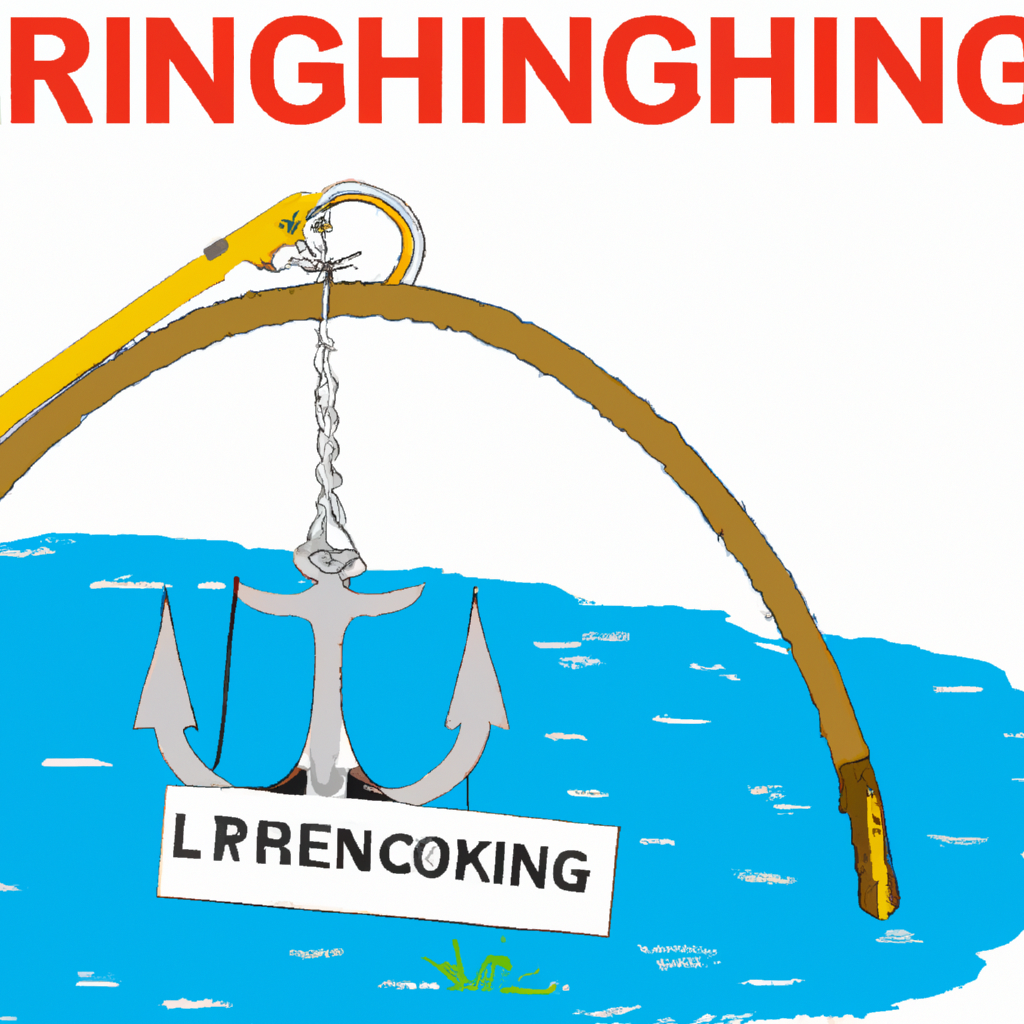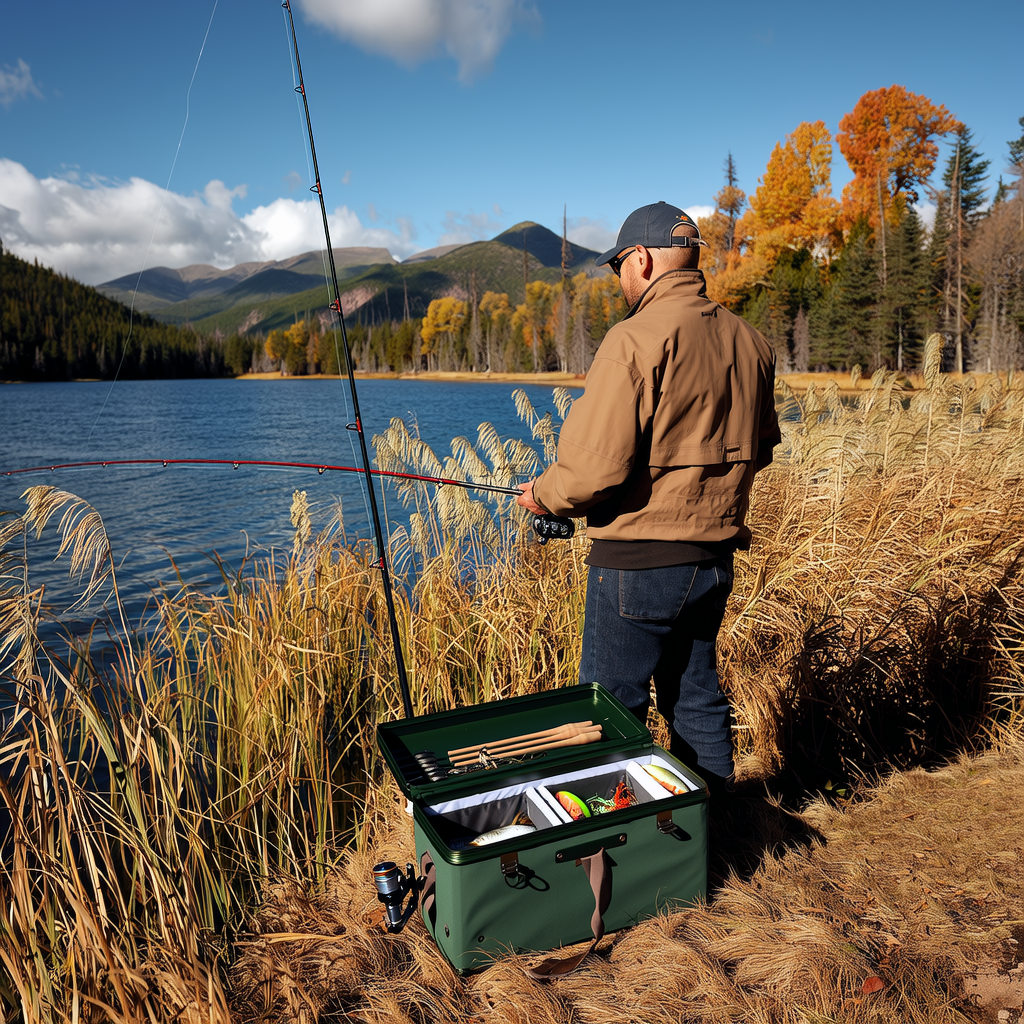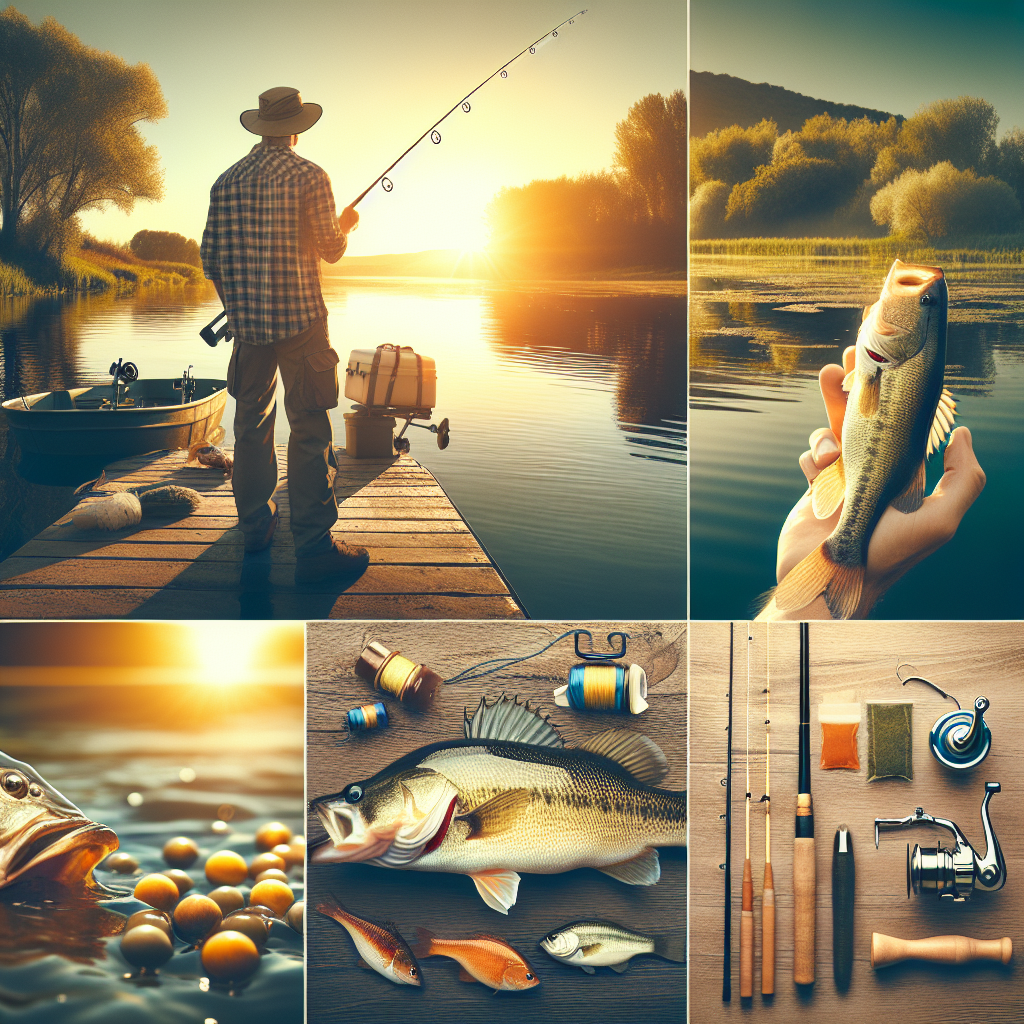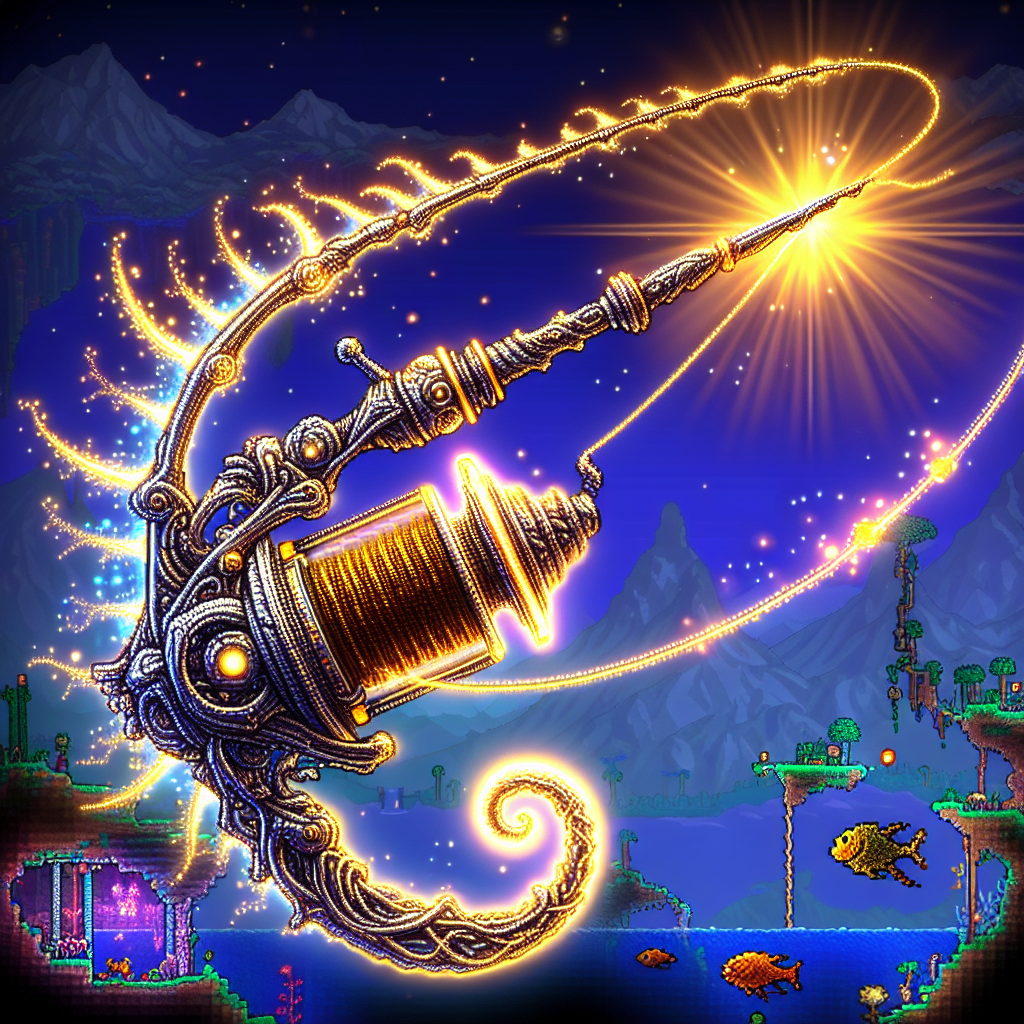Introduction
Welcome to our comprehensive guide about fishing licences. Understanding the importance of a licence is important for conservation and legal reasons, whether you are an experienced angler or just getting started. This guide will cover all you need to learn about fishing licenses, including the types, purpose, application process, and regulations.
What is a fishing licence?
A fishing license is a legal document which grants permission for an individual to engage in commercial or recreational fishing. It is a way to regulate and monitor fishing practices, while also generating revenue for fisheries and conservation efforts. Fishing licenses are usually issued by government agencies and authorized bodies that are responsible for monitoring and preserving aquatic ecologies.
The Importance Of Fishing Licenses
Fishing licenses are essential for ensuring the sustainability of fish populations and habitats. Fisheries management authorities are able to monitor fishing activities and collect valuable data by requiring anglers obtain a license. They can also enforce regulations and implement necessary measures in order to prevent overfishing.
What is the purpose of fishing licences?
The primary purposes of fishing licenses include:
- Regulation of fishing activities
- Conserving fish populations
- Protecting sensitive eco-systems
- Generating revenue to manage fisheries
- Supporting scientific research
Types of fishing licenses
Fishing licenses can be categorized in the following categories:
- Recreational Fishing License
- Commercial Fishing License
- Charter Boat Fishing Licence
- Aquaculture Licence
Licence for Recreational Fishing
A recreational fishing license is for those who fish for personal, leisure, or sport purposes. Anglers can use it to catch fish for noncommercial purposes such as food consumption, catch-and release activities or fishing for personal use. Recreational licenses are usually issued on a daily, seasonal or annual basis. Their fees can vary depending on factors like age, residence and fishing location.
Commercial Fishing License
Commercial fishing licenses are for individuals and businesses that fish for profit. These licences are required for commercial fishermen to operate lawfully and require adherence to regulations such as gear restrictions, catch limits, and reporting requirements. Commercial fishing licence fees are usually higher than recreational fishing licence fees due to the potential economic benefit derived from commercial operations.
Application Process
The following steps are usually required to obtain a fishing license:
- Check the requirements. Before applying for a licence, make sure you are familiar with the regulations and requirements of your local fisheries authority. These can include age restrictions and mandatory permits. They may also include residency criteria.
- Choose the type: Depending on your fishing goals and intentions, you may need a commercial, recreational, or another type of fishing license.
- Fill out the application: Complete the designated application form provided by issuing authority. Please ensure that you provide all the required personal information including your name, address and contact details.
- Pay the fee. Most fishing licenses have a fee that varies depending on jurisdiction and type of licence. Use the payment methods approved by the government to pay the required fee.
- Submit your application: Once you’ve filled out the form and paid the fee online, you can submit the application in person or by mail.
- The processing time of fishing license applications can vary. Wait for confirmation from the relevant authorities about the status of your request. Once your application is approved, you will either receive your license electronically or in a physical form.
Fishing Licence Regulations
To ensure responsible management of the fisheries and protect the environment, fishing licence regulations have been put in place. Anglers must be familiar with these regulations in order to avoid penalties and to contribute to the sustainability fish populations. Some common regulations for fishing licenses include:
- Fishing licenses will often specify the maximum amount of fish that an angler may catch in a day or possess to use personally. These limits help to maintain healthy fish populations by ensuring that fishing pressure doesn’t exceed sustainable levels.
- Species protected: Some fishing licences identify certain species as protected. These species must be released when caught. This safeguard is in place to support the recovery of species and prevent further decline.
- Fishing seasons: To avoid overfishing, fishing licenses may specify specific seasons or periods during which fishing for certain species is prohibited or limited.
- Fishing methods and equipment restrictions: Fishing licenses may specify acceptable methods of fishing and types of gear to prevent excessive damage to aquatic environments and non-targeted species.
- Reporting requirements. Commercial fishing licenses often require regular reporting to help assess fish stocks and ensure compliance.
- Water conservation measures. Fishing licenses may include guidelines on responsible water usage to minimize the impact of fisheries activities on aquatic eco-systems.
Renewal of a Fishing Licence
Fishing licenses are usually issued for a certain period of time, such as one year or one season. It is important to renew your fishing licence before it expires. Renewal procedures may vary depending on jurisdiction and licence type. Renewal processes for licences are usually similar.
- Check renewal requirements: Review renewal requirements provided by fisheries management authorities to ensure that you meet all criteria.
- Fill out the renewal application form provided by your issuing authority. Update your personal information as necessary, pay the renewal fees, and submit the application.
- Wait for confirmation: The authority in charge of fisheries will process your renewal request. You will receive a confirmation of your renewed licence. This may be sent electronically, or as a paper document.
Penalties for Fishing without a Licence
Illegal fishing can lead to fines and penalties. The severity of the crime and the jurisdiction will determine the penalties. The following are some of the most common penalties for fishing without a license:
- Fines: Offenders can be required to pay fines, which range from nominal amounts up to substantial sums based on the circumstances.
- Confiscation and equipment: Authorities can confiscate any fish that is caught without a fishing licence, as well as the fishing gear used.
- Prosecution: Repeat offenders and those who engage in particularly egregious illegal activities can face prosecution. This could lead to criminal charges or more severe punishments.
- Suspension of fishing privileges or revocation: Individuals caught fishing without a license may have their fishing rights suspended or revoked, either for a specific period or indefinitely.
Fishing Licences and Conservation Efforts
The possession and observance of a fishing license contributes to conservation efforts. By regulating fishing, authorities can implement sustainable fisheries strategies that preserve fish populations and habitats. Fishing licences can support conservation efforts in a number of ways.
- Collecting data. Information from fishing licences provides valuable information about catch rates, species of fish, fishing pressure and other relevant factors. This data is essential in assessing the health and conservation of fish populations.
- Enforcement of regulations: Fishing licenses allow authorities to enforce regulations, preventing overfishing and protecting endangered species. They also preserve sensitive habitats.
- Funding conservation initiatives. The fees generated by fishing licences can be used to fund conservation projects, habitat restoration and scientific research. They can also be used to promote sustainable fishing practices through educational programs.
- Public awareness and education. Fishing licenses are used to educate anglers on responsible fishing techniques, catch-and release techniques, and how important it is to respect fishing regulations in order to ensure the long-term health of fish populations.
In summary,
A fishing license is a legal document which grants permission to engage in recreational or commercial fishing. It is crucial in regulating fishing, conserving fish populations and protecting aquatic ecologies. Anglers can have a great fishing experience while also promoting sustainability. They can do this by following the necessary application processes, understanding and adhering fishing licence regulations and actively contributing towards conservation efforts.




